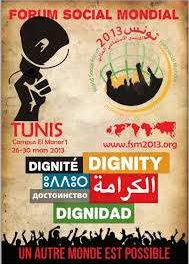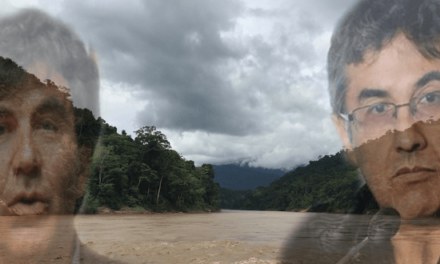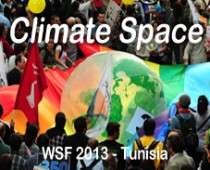1 July 2006, Geneva.
The illegitimate Mini Ministerial which the WTO’s Director General Pascal Lamy convened in Geneva came to a standstill as the US refused to offer further cuts in their domestic supports, whilst at the same time demanding that the developing world reduce their agricultural tariffs.
The collapse of talks is good news for the developing world. Assessments of the outcome of the Doha Round, from a variety of institutions, including the World Bank and the EU’s own Sustainability Impact Assessment, have already predicted that the Round would have adverse impacts on the poorest countries, particularly countries in Africa. Both the US and the EU have been aggressive in demanding for market access in industrial products, and the US for more access in agriculture. Yet despite being the prime culprits for dumping their agricultural products on the world market, causing destruction to the livelihoods of subsistence farmers, both these giants have only offered cosmetic cuts in their agricultural domestic supports.
According to Walden Bello of Focus on the Global South, “The US is so intransigent, there are no prospects to get a fair deal. The developing countries should cease being part of this charade and abandon these talks, which they should have done long ago."
Member or Director General Driven Organisation?
The danger of the current impasse is that the Director General, Pascal Lamy is likely to see this as his opportunity to play an even more aggressive role in stitching an agreement together. The WTO Secretariat is supposed to be a neutral party in the negotiations, yet Lamy has clearly overstepped his mandate:
The danger of the current impasse is that the Director General, Pascal Lamy is likely to see this as his opportunity to play an even more aggressive role in stitching an agreement together. The WTO Secretariat is supposed to be a neutral party in the negotiations, yet Lamy has clearly overstepped his mandate:
1) He has urged Members to converge on the magic “20” number. (That is, converging on the G20 proposal of 54% tariff cuts; $20 billion for US “trade distorting” domestic supports; and a maximum tariff of 20 in industrial products for the developing world). US “trade distorting” supports in 2005 amounted to only $19.7 billion. This means the US will be let off the hook in domestic supports (although it would not be easy for them to increase their supports in the future). Yet Lamy’s suggestion requires the developing world to cut their industrial tariffs, in some cases, into their applied rates. The sectors that will be affected include textiles and clothing, automobiles, plastics, etc. Trade unions in the South are already predicting unemployment by the hundreds of thousands.
2) Lamy is in the habit of organizing decision-making meetings which exclude the majority e.g. the present Mini Ministerial. Who is allowed into these meetings is decided by the highest echelons in the Secretariat. Whilst no decisions are formally made in the Green Room, in practice, Green Room decisions are filtered straight into plenary meetings and endorsed. Unless a country is politically powerful, it is near impossible for them to block these decisions.
Comments Aileen Kwa of Focus on the Global South, “Pascal Lamy cannot be trusted as a neutral player. He is leading the multilateral trading institution in completely the wrong direction. The Doha agenda and Lamy’s magic “20” puts in jeopardy the WTO’s own stated objectives – to strive for full employment and to improve the welfare of people. US, EU and Pascal Lamy’s narrow focus on market access serves the interests of the world’s transnational corporations. The WTO needs a complete overhaul – where rules prioritise not liberalization or a pretense of liberalization, as is the case with the US, but economic and human rights and the livelihoods of people.”
Contacts:
Walden Bello Tel: 661 935 0633
Aileen Kwa Tel: 41 79 6258536
Walden Bello Tel: 661 935 0633
Aileen Kwa Tel: 41 79 6258536









